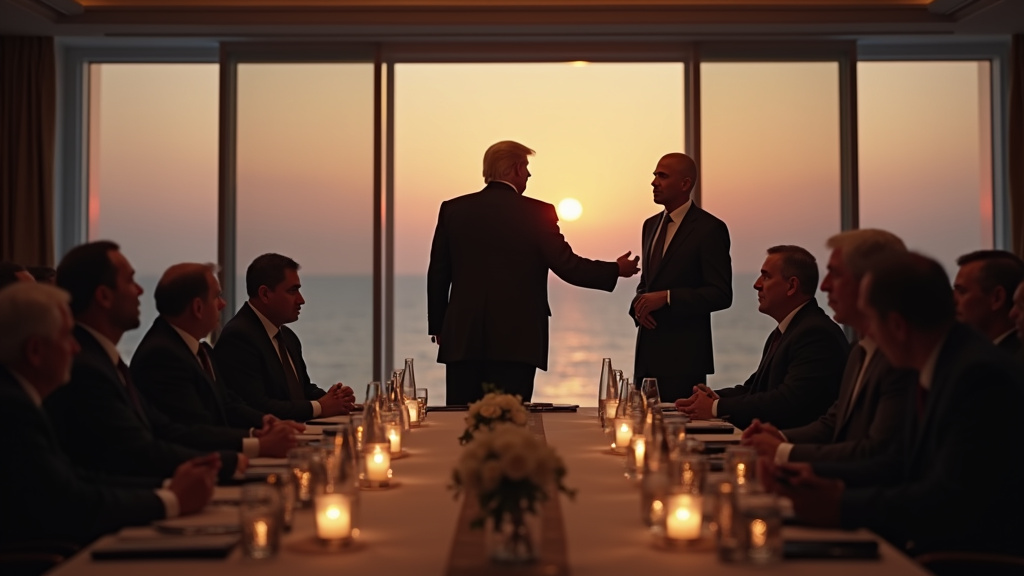Bangkok, Thailand – The political future of Thailand’s dominant Shinawatra dynasty hangs precariously in the balance as both Prime Minister Paetongtarn Shinawatra and her father, former premier Thaksin Shinawatra, navigate separate, high-stakes legal challenges.
Prime Minister Paetongtarn is currently the subject of a petition before the Constitutional Court, filed by 36 senators, seeking her dismissal. The petition levels serious accusations against the prime minister, alleging dishonesty and a breach of ethical standards enshrined within the constitution.
Constitutional Court Challenge: Accusations Against the Premier
The case against Prime Minister Paetongtarn stems from events surrounding a leaked telephone conversation with Cambodia’s former leader, Hun Sen. While the specific content leading to the ethical breach accusation has been the subject of public scrutiny, the core of the senators’ petition focuses on her alleged conduct in connection with this communication.
The Constitutional Court is scheduled to convene for the first time to consider the senators’ case on Tuesday, July 1, 2025. The outcome of this initial hearing could have immediate and significant repercussions for the government.
According to the details of the petition, the case originates from a call made on June 15. This conversation was reportedly intended to help defuse border tensions between Thailand and Cambodia, highlighting the sensitive diplomatic context surrounding the alleged ethical breach.
The potential consequences for Paetongtarn are severe. If the Constitutional Court accepts the case for formal consideration, it could lead to her immediate suspension from duty while the legal proceedings unfold. Such a development would plunge the administration into uncertainty and potentially trigger a new phase of political instability in the Southeast Asian nation.
Thaksin Faces Royal Defamation Charge
Concurrently, a separate legal battle is unfolding against her father, Thaksin Shinawatra, a figure who remains deeply influential in Thai politics despite years of self-exile and legal troubles. A different court is simultaneously hearing a royal defamation case against the former prime minister.
The royal defamation charge, under Thailand’s strict lese-majeste laws, is a profoundly serious accusation carrying potentially lengthy prison sentences. The specifics of the allegations against Thaksin in this particular case are being heard, adding another layer of legal jeopardy to the family’s standing.
Thaksin, who returned to Thailand in 2023 after years abroad, has faced a complex web of legal issues linked to his time in power and subsequent political activities. The current royal defamation case represents one of the most significant legal threats he has encountered since his return, distinct from the corruption-related sentences he has also navigated.
Political Implications and Dynasty’s Future
The convergence of these two major legal challenges against the heads of the Shinawatra family underscores the persistent political and legal pressures facing the dynasty that has dominated Thai politics for over two decades. The family’s associated parties, most recently the Pheu Thai Party led by Paetongtarn, have repeatedly won elections but have often faced challenges from powerful conservative and military elements.
Analysts suggest that the legal actions could be seen in the context of this long-standing political struggle, potentially aimed at weakening the influence of the Shinawatra family and the parties aligned with them. The petition against Paetongtarn by senators, many of whom were appointed under the previous military-backed constitution, highlights the complex interplay between elected officials and appointed bodies in Thailand’s political structure.
The outcome of these legal proceedings will not only determine the immediate fates of Paetongtarn and Thaksin but will also have profound implications for the stability of the current government and the broader trajectory of Thai democratic development. The potential suspension of the prime minister, coupled with the serious charges against her father, could reignite street protests and political maneuvering that have characterized Thailand’s recent history.
Background and Context
The Shinawatra family’s rise began with Thaksin’s election victory in 2001. His tenure and subsequent governments led by his allies or family members have been punctuated by military coups, significant protests, and numerous legal cases. While popular with a large segment of the population, particularly in rural areas, the family remains a polarizing force in Thai society.
Paetongtarn assumed the premiership in a political landscape heavily shaped by her family’s legacy and ongoing political tensions. Her leadership has been closely watched for signs of continuity or departure from her father’s political style and policies. The current legal challenge represents the most significant test of her position since taking office.
The Path Ahead
The Constitutional Court’s meeting on July 1, 2025, will be a critical juncture for the case against Prime Minister Paetongtarn. The decision on whether to accept the petition will set the course for her immediate political future. Should the case be accepted, attention will quickly shift to the evidence presented regarding the leaked call and the alleged ethical breach.
Simultaneously, the progress of Thaksin’s royal defamation trial will be closely monitored. Given the sensitivity and severity of lese-majeste charges, this case carries its own significant weight, independent of the political ramifications for the prime minister.
The coming weeks are poised to be highly volatile for Thai politics as the legal processes involving its most prominent political family move forward, potentially reshaping the country’s leadership and political landscape.





